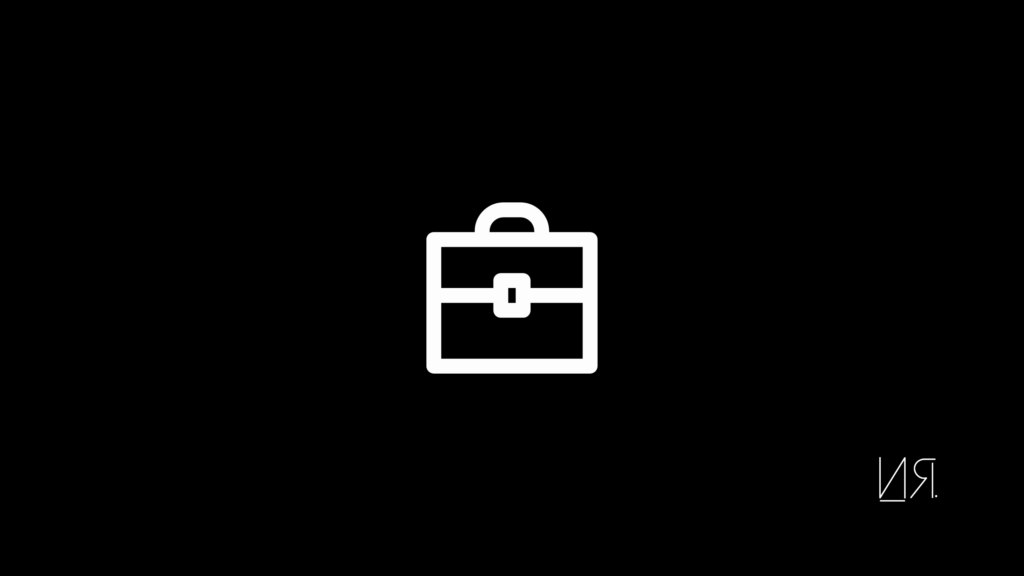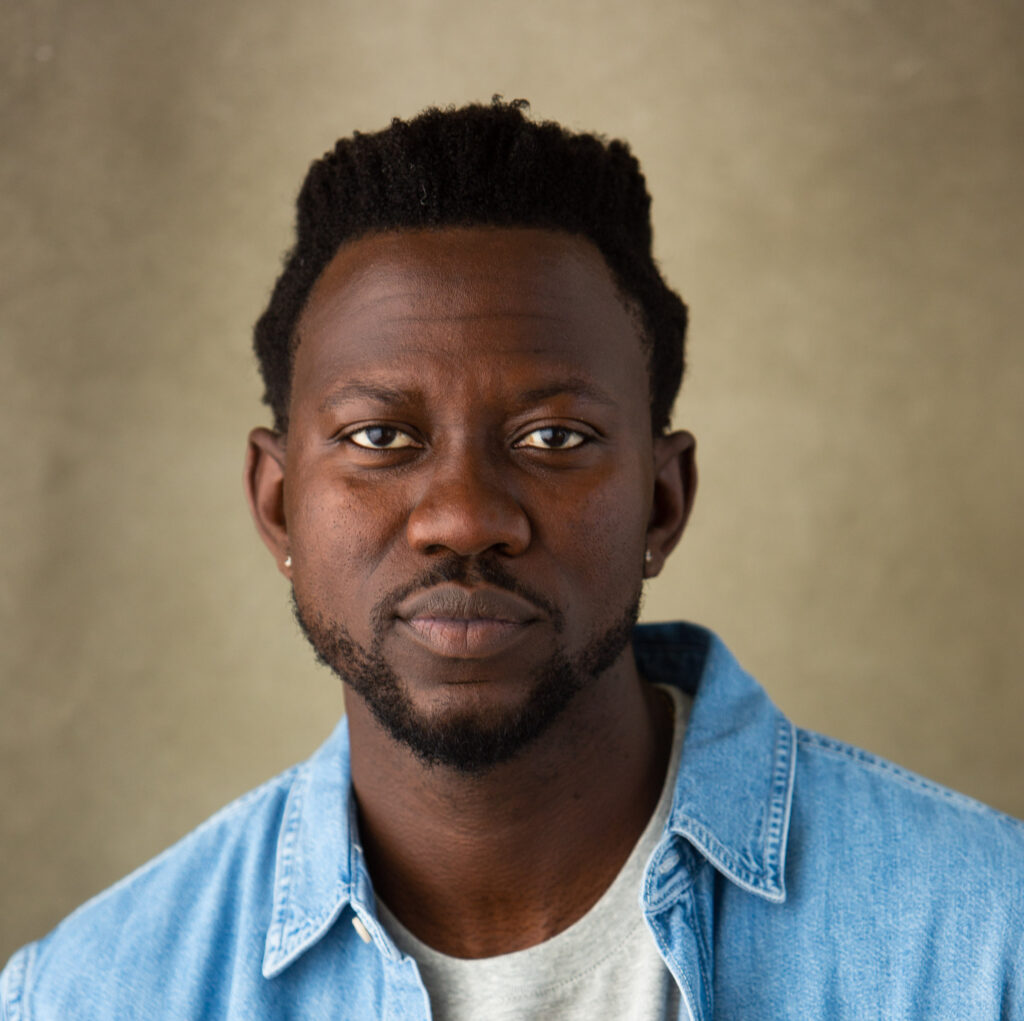“We are at a turning point as we move from the information age to the automation age—these problems could be exacerbated or reduced. We are not quite sure what questions we will have to throw forth to solve. The same technology that can amplify the power of music can also reduce the demand for “redundant” labor, disrupting the labor markets.”
~ PRESS PLAY: Music As A Catalyst For Change
That’s a quote from my first book, published just as the pandemic started.
Although I shared insights on music and how it catalyzes change, towards the end of the book I attempted to stick the landing on how to use music in the future to make change.
Theory is good.
Taking action is better.
Similar to my thoughts then, it’s important to discuss how we adapt and stay nimble in the automation age.
Especially since it’s quite clear that automation will disrupt the job market.
So what do you do to stay in the game?
Change is here
People are intimidated by new things.
For a lot of us, the older we get, the more rigid we become.
AI seems like a hype and an existential crisis all rolled up into a fog of expert-signaling, LinkedIn posts, and retweets – causing a cloud of anxiety.
We are in an era where we suffer from the plague of the shiny object syndrome.
Always looking for the new golden confetti to fall out of the sky and soothe our anxiety.
“But there’s just too much going on.”
“It’s hard to keep up”
“No more ChatGPT hype? Should I be on Threads now?”
It’s a lot. I know.
I can understand if you just want to go live on a mountain under a blanket to block the world out.
Do something else though – embrace curiosity, become self-aware, and be a teacher.
The automation age is going to cause a lot of disruption in the labor market.
We have to do what we do best and that’s to adapt.
The things that will not be disrupted are the intangibles – curiosity, empathy, communication skills.
Adopt a growth mindset, lean into curiosity, and teach
AI will work for you if you lean into a playful mindset.
5 Ways to Stay AI-Adaptive
According to the World Economic Forum “Future of Jobs” report, 25% of jobs will be disrupted in the next 5 years.
Although jobs will be lost. Others will be created.
Those soft skills that you, your colleagues, teachers, and boss have been overlooking might be exactly what you need to stay in the game.
Recognize and accept that the world is changing around you. Start developing yourself to help you “move to where the ball is going to be”
It will give you peace of mind and clarity on what to focus on. You’ll become better at communicating what’s important.
It will be the anchor you need as you become more sorted after and valuable the deeper we go into the automation age.
Here are 5 ways to remain undisruptable:
1. Become a more critical thinker
AI is not thinking. Not yet.
I remember when I moved from Texas to California in 2014. We made it a fun road trip. On the way, we stopped at the Grand Canyon.
Early in the morning on a hike at the edge, looking at the vast hollow canyon, I yelled.
The echoes came back.
Sound waves bouncing off the walls in the vast space.
Now imagine there were a million versions of me, doing the exact same thing at the same time.
That’s what the digital landscape does, funneling us into echo chambers.
Depending on whatever field you are in, it is easy to become a parrot.
We prioritize social inclusion so much that we tend to stick with people that agree with us.
Sometimes, even when you don’t agree, you end up adopting the group’s thought process because of the fear of ostracization.
With AI stringing together words, it gives the illusion of thinking but it really isn’t. ChatGPT gives the illusion of one certain answer.
Without any probing, we’ll begin repeating and echoing the same things over and over again.
What will make you stand out is having your own thought process and a framework to not only develop your thoughts but also probe those ideas.
Poke holes in them.
Challenge them.
Revisit and refine them.
This is the only way to generate new insights. AI should be used as a dialogue partner that augments your thinking, not replace it.
Your main job is to become a better and more refined thinker.
2. Follow your interests
Embrace complexity with hobbies.
When I speak to some people about Blockchain or AI, I find there’s a sense of discomfort.
Funny enough, the creatives that are being disrupted with generative AI are more comfortable with the change than my peeps at the desk.
Why?
It might be that artists and creatives have been on the margins of society, dealing with these life complexities for a long time.
While my corporate comrades have gone down a path of continuous certainty.
Things are changing so fast.
Technology is progressing at a dizzying speed.
The world is getting more complex, but the ones shaking in their boots are the ones that have been getting less complex.
Those that have widgetized their skill set into a simple thing.
People take up on hobbies while in high-powered positions.
Research showed that CEOs in public facing companies take up on the hobbies because it allows them to be something else outside of their role.
Taking up on these hobbies also leads to what psychologists call “positive self-complexity.”
Each one of us have different sides of ourselves. Hobbies give us the space to tap into these different sides.
With increasing complexity, we can bring in knowledge from other fields to deal with issues in our leadership positions. As long as our hobbies give us a sense of control and we can determine how much we put into it, it will add to other parts of our lives.
Don’t leave your interests unexplored.
It is even more important now to embrace self-complexity to match the growing complexity of the world.
3. Fine-tune your empathy gauge
Tap into feelings and emotions – for yourself and others.
One of the most important things I learned at Stanford’s Design School is – biasing towards action.
This is how some of the great designers, inventors, tinkerers, and innovators bring their ideas to reality.
It’s a way to consistently take action and externalize your ideas.
The second main thing I learned was the importance of empathy when building solutions for people.
Empathy will continue to be important as we delve deeper into the automation age.
Empathy is the ability to take another person’s perspective – the ability to walk in another person’s shoes.
As we go deeper into the AI era, although intelligence and analysis will be disrupted, automated, and augmented, emotional intelligence will become even more important.
We make a lot of our decisions based on emotions.
In a hard-wired industrial world, we have been trained to relegate those feelings – as unimportant.
These soft skills that were once relegated will become more important.
It will be paramount to understand how to build and create things that improve the way people feel.
To do that, you’ll have to become more empathetic – a full skill on its own, especially in an era now, where it’s all about “me, me, me”.
Pull yourself out of those singular thoughts about yourself and start asking “what is this other person going through?”.
Your empathy skill will take you far.
4. Adopt a growth mindset
Lean into growth. Change is the only constant.
I recently got interested in blockchain and verifiable digital assets. My excitement was immediately thwarted when I explained this new interest to friends.
That’s when I realized that me and my friends were getting old.
Yup! Time waits for no one.
In our fixed sense of who we are now, we are starting to sound like our parents – rejecting anything new that takes too long to understand.
The thing that stops a lot of us from reaching our potential is the rigidity of our mindset.
Most of us are trained to have a fixed mindset, when what we need is a growth mindset.
With a fixed mindset, students feel they are judged based on their grade while with a growth mindset, students feel judged based on the process it took to get there.
Fixed mindset says: “what did I do right?”
Growth mindset says: “how can I improve?”
You can develop a growth mindset by:
a. Understanding that your brain creates new neural pathways for activities when you learn and grow.
b. Learning that the growth mindset comes from deliberate practice.
c. Listening in on your fixed mindset. When it says: “I can’t do that.” Respond with your growth mindset: “not yet”
Let curiosity be your guide.
Adopt a growth mindset and continue to pull on the strings of your curious thread. Although it may seem like the path is not clear, it usually leads to what you really want.
5. Become a teacher and better communicator
When you learn to teach, you are ultimately teaching yourself how to learn
One of my favorite people to listen to is an entrepreneur – Gary Vaynerchuk.
He started a youtube channel called “Wine Library”in youtube’s early days.
He made videos of him drinking wine and talking about it.
He worked at his dad’s wine shop then and over time opened up the door for e-commerce for the family business.
This significantly grew the business.
He left and started his digital marketing agency and has now built a conglomerate of successful enterprises from web3 to sports agencies.
One thing he does consistently with his content is teach.
Content-creation can build a brand but becoming a teacher in whatever field you choose will become an invaluable skill – brand or not.
Teaching is a sure way to learn and drive impact.
A recent survey shows that teaching is at the bottom of professions to be disrupted by AI.
There will always be something to learn. Even if it is learning how to use AI to learn.
If there are curious people, there will be teachers.
In fact, if you want to learn something well, try teaching it.
You don’t have to go get a masters in education to teach something.
Just start placing value on your knowledge and experience. Think about challenges you had in the past and how you overcame them.
Document it and teach people that are just a few steps behind you (a past you from 3 years ago).
That’s it.
The way we learn is going to transform.
Regardless of whatever field you are in, start thinking about becoming an educator in your own way. This also means learning how to become a good communicator.
Final thoughts
Reflect and think broadly.
Self-awareness is one of the most important tasks in the AI era.
What do you want in life?
What does it mean to be human?
Who are you?
What are your interests?
If money was not an issue, what will you do all day with your time?
These are all questions to reflect on. Figuring out who we are might be one of the most pressing tasks to do in the automation age.
We will be able to predict how AI will behave using the “rational agent” model from economics. It states that a rational agent will maximize its goal with actions based on its beliefs of the world it’s in
Humans are not rational, machines are.
They will have four basic drives: efficiency, self-preservation, resource-acquisition, and creativity.
To co-exist with superintelligence we have to include some human values in its cognitive architecture.
This means we collectively have to do some self reflection on what it is to be human and what we want as a collective.
We have to build it to work for us.
Knowing what you want is a life-long journey. Why wait for a finish line?
Start the process of knowing thyself.
Prioritize self-awareness.



